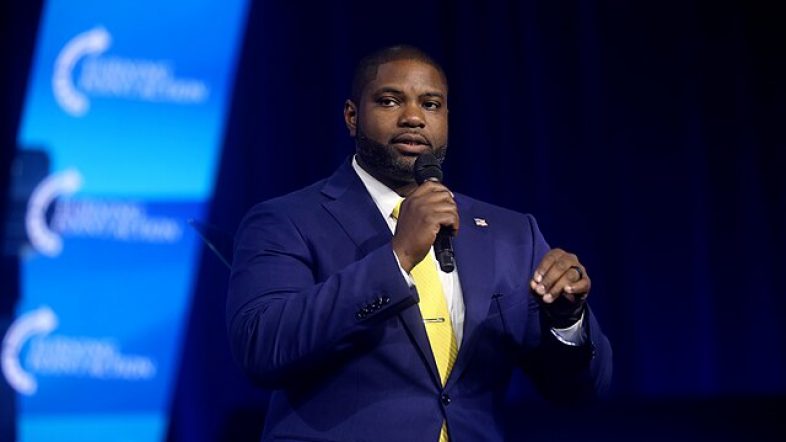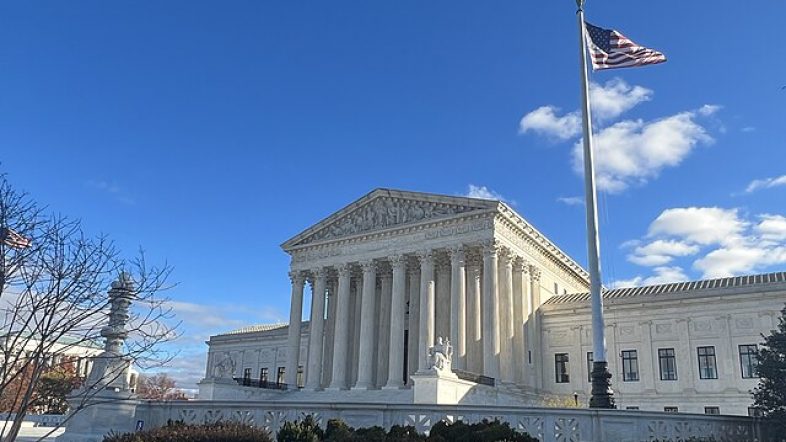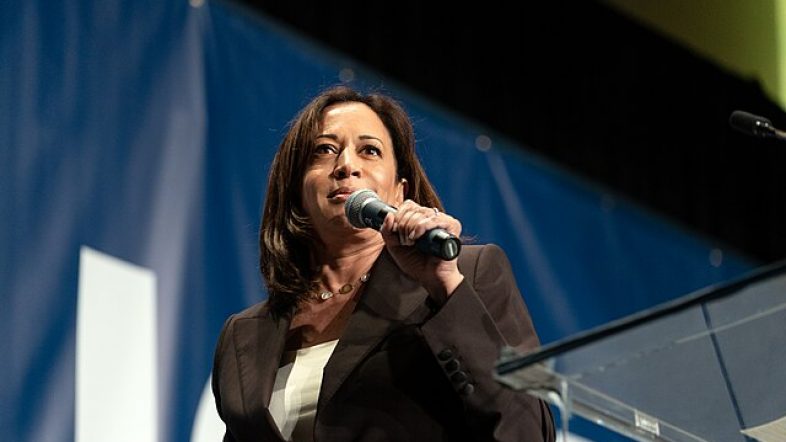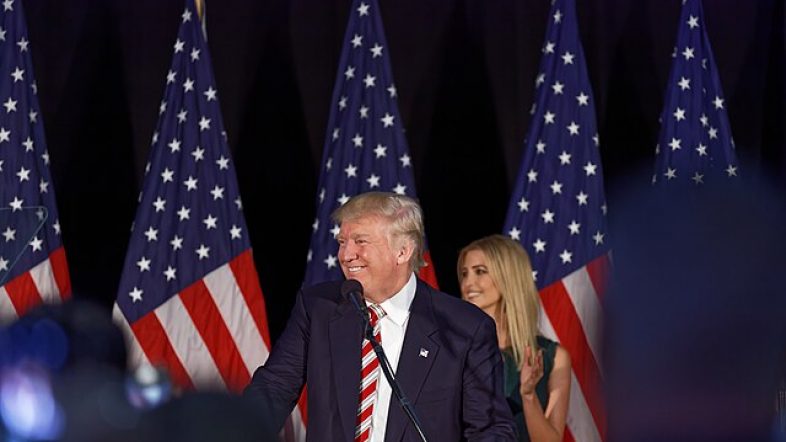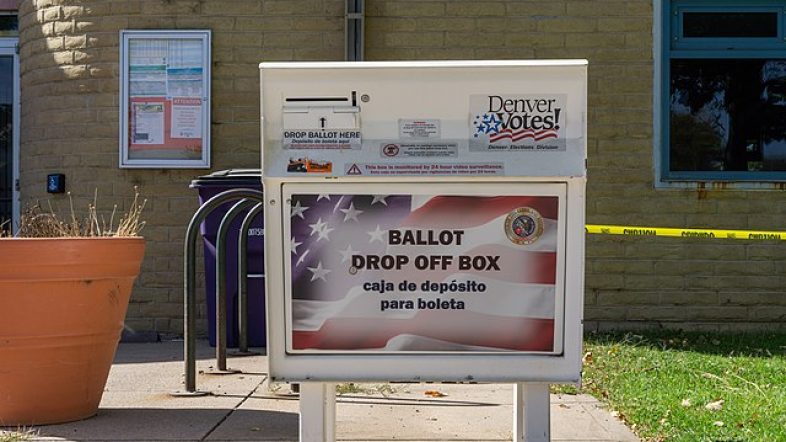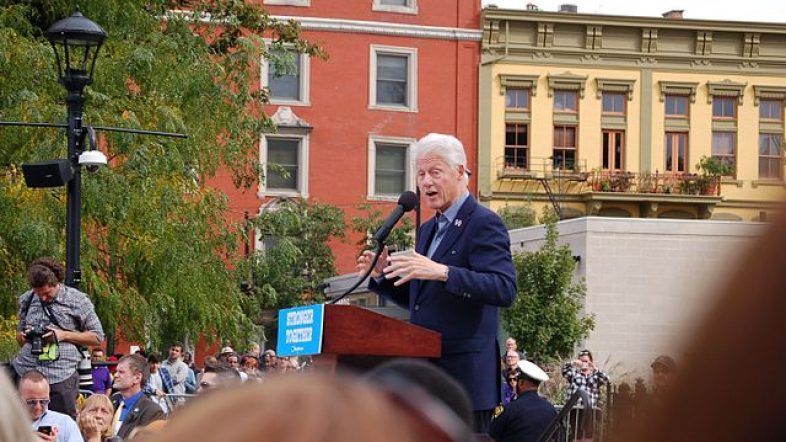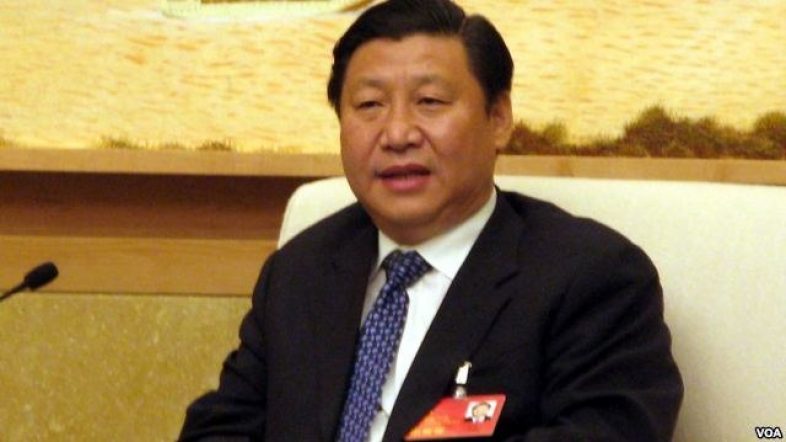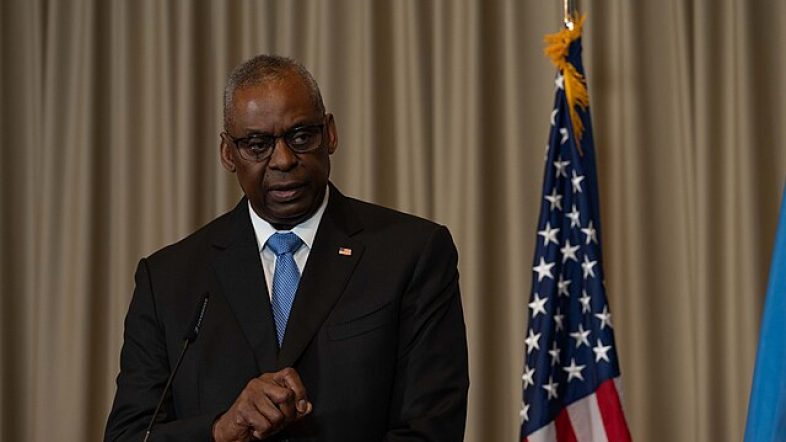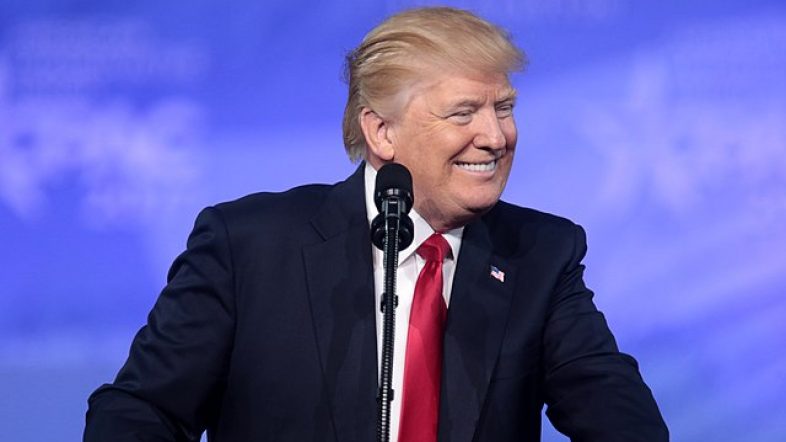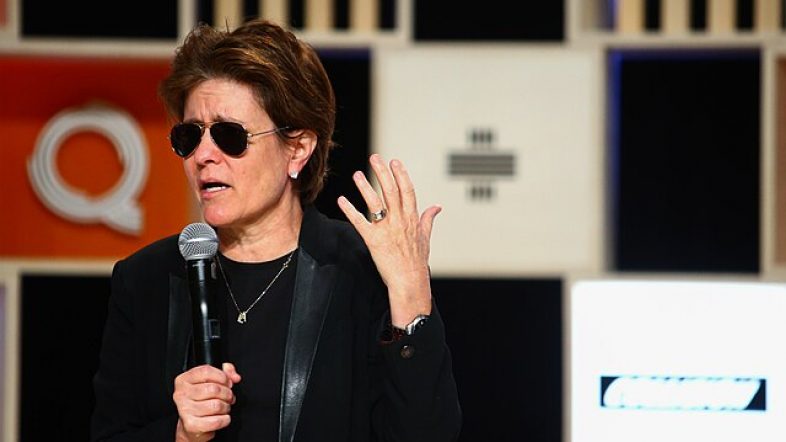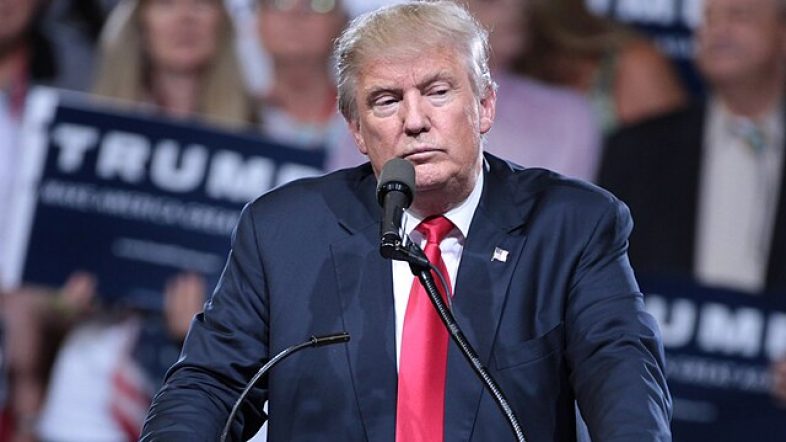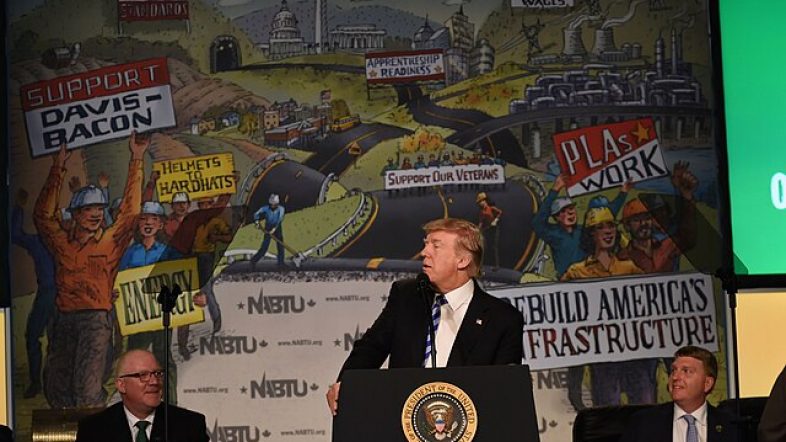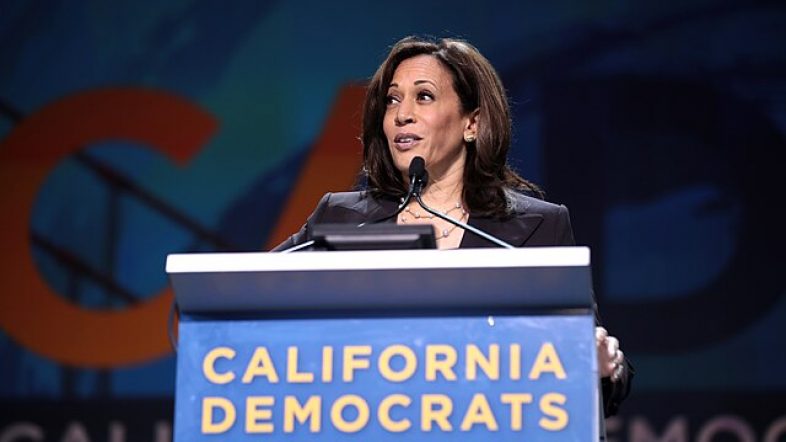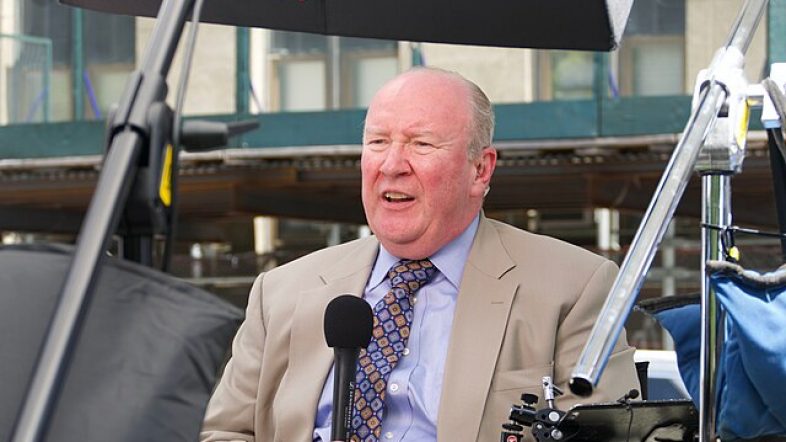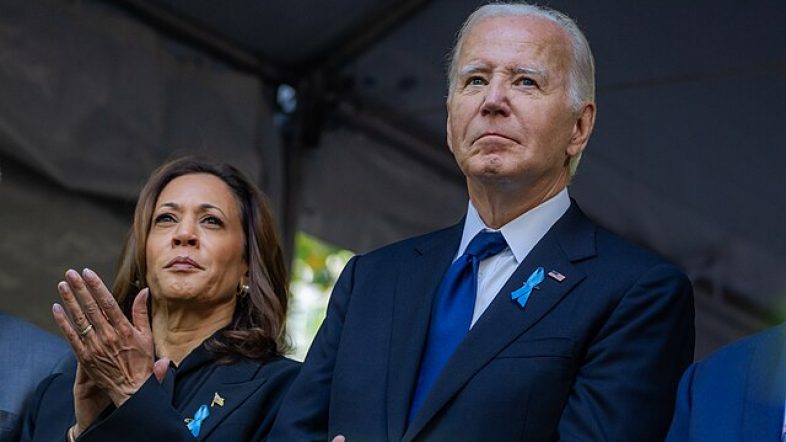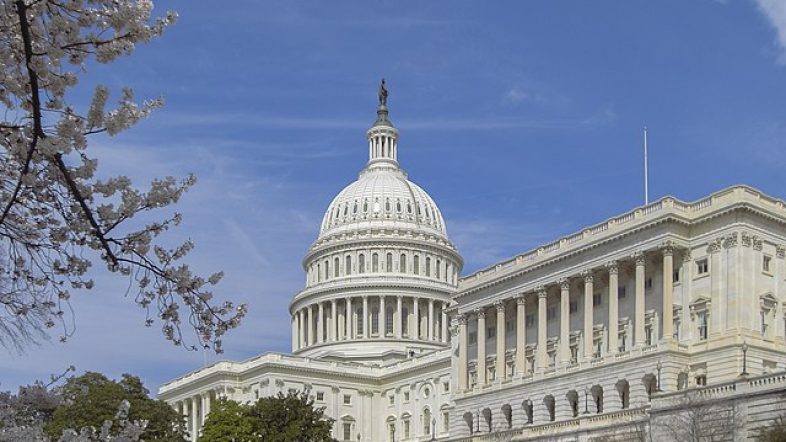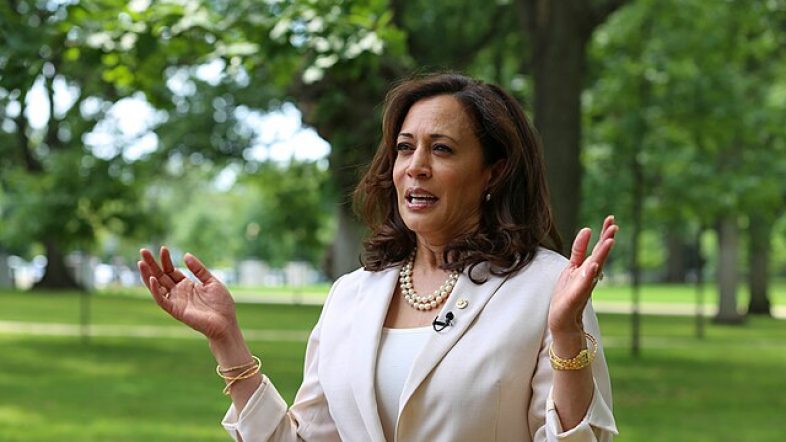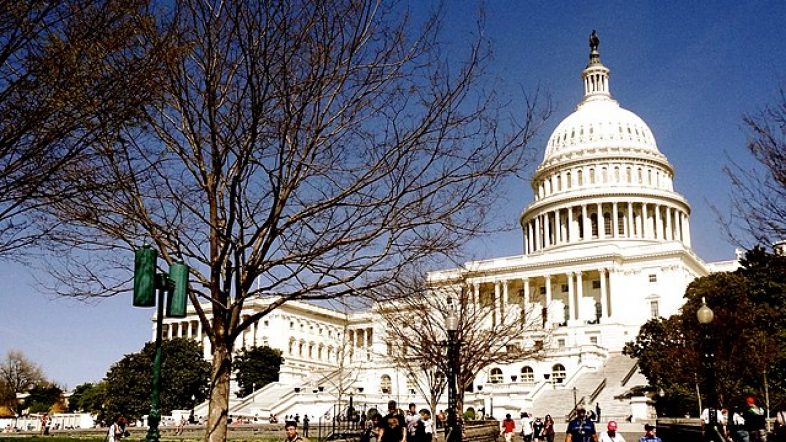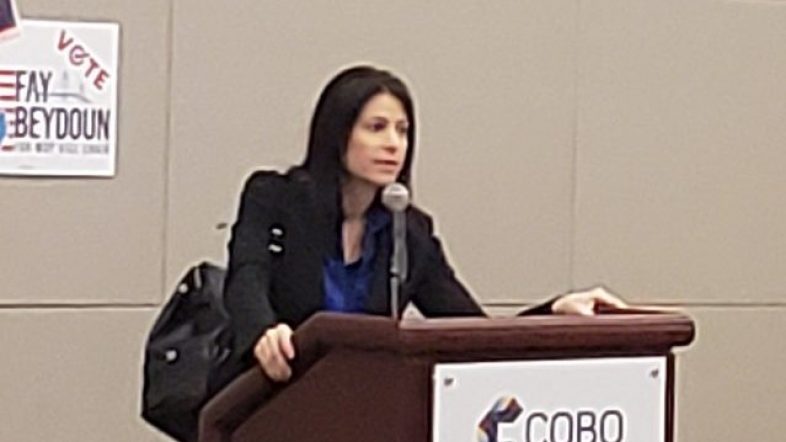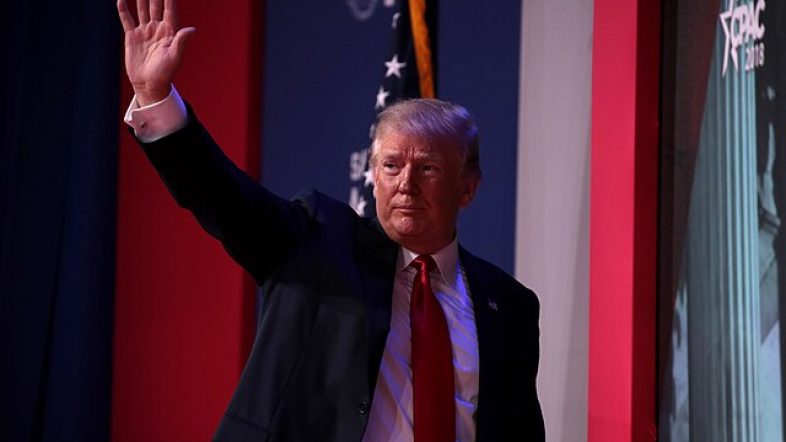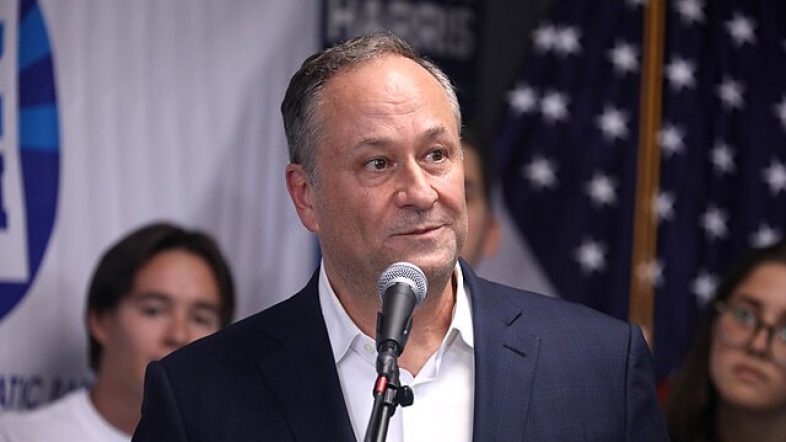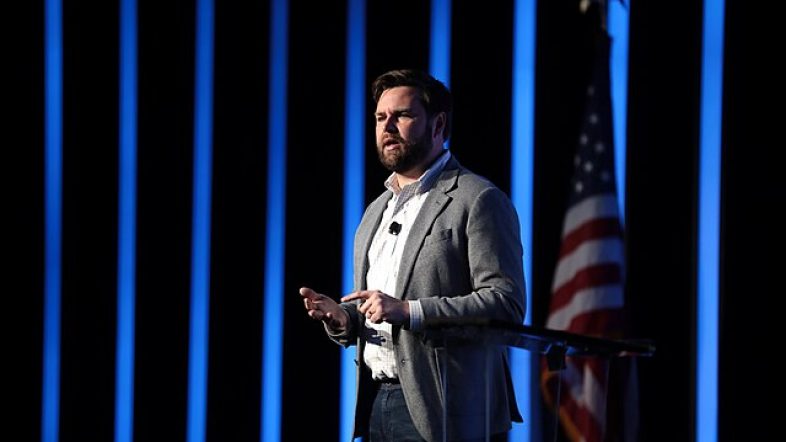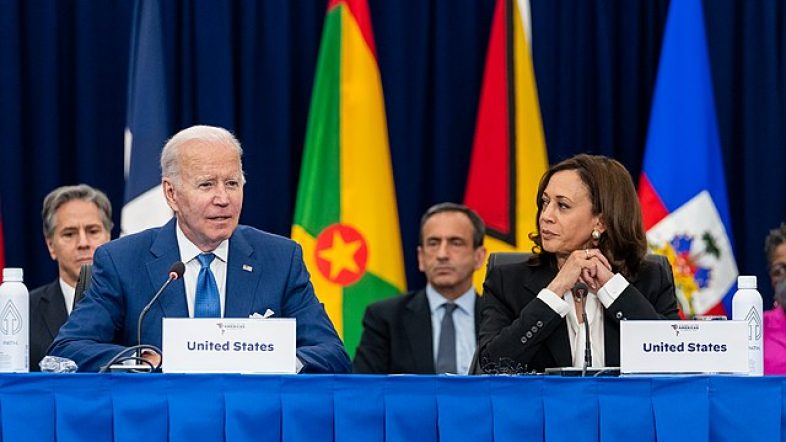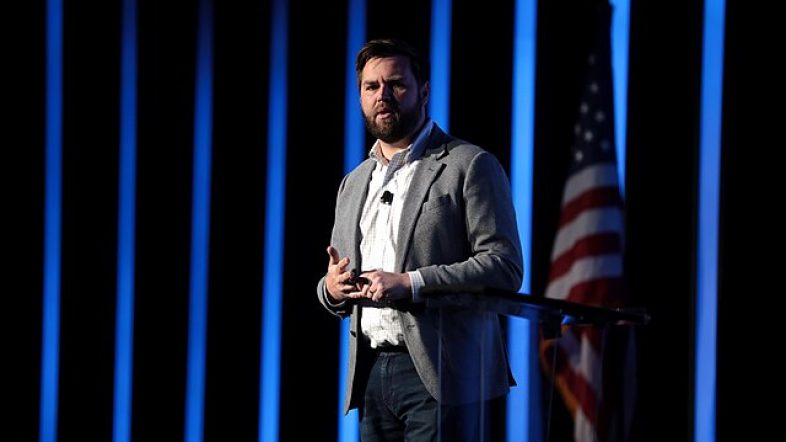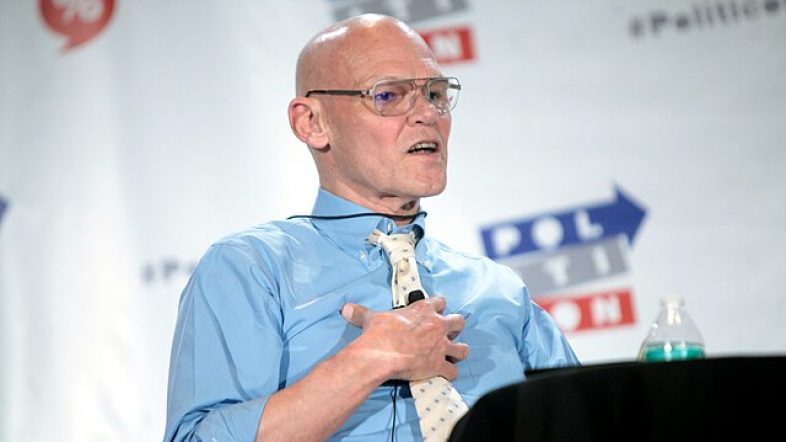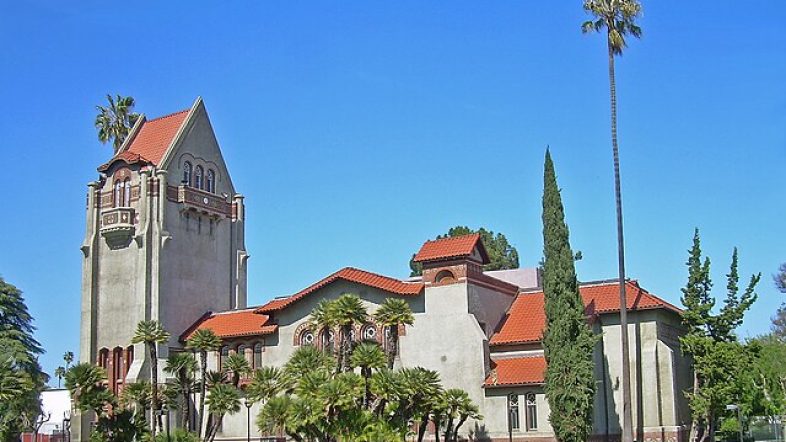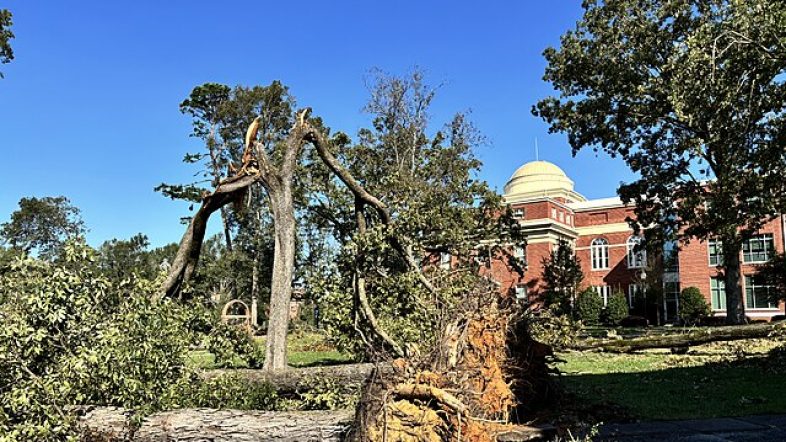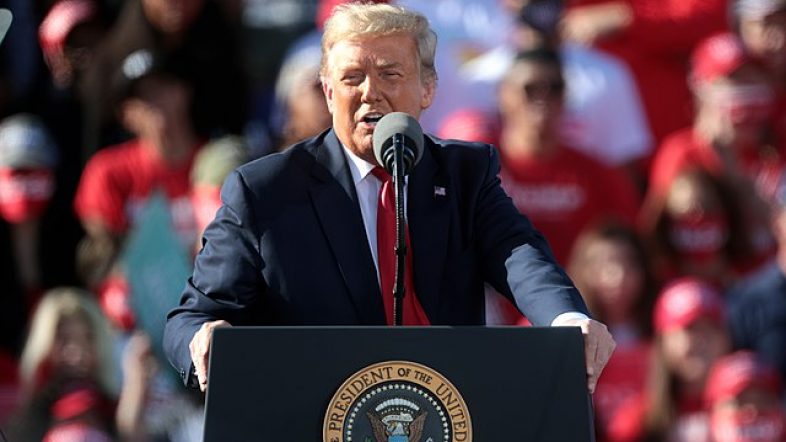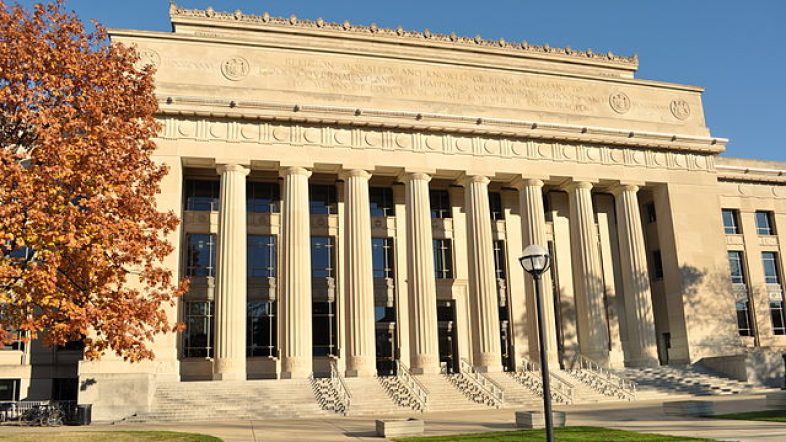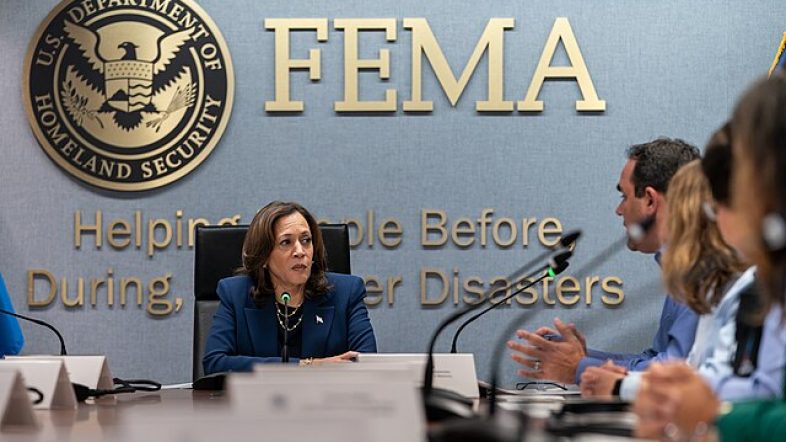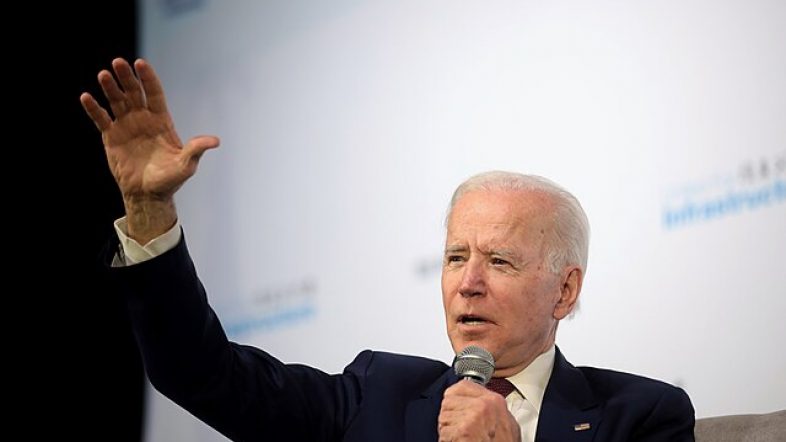One of the most tiresome exercises in American politics and media in recent years has been the habit of those on the political left declaring that anyone or anything they don’t like constitutes a “threat to democracy.” Whether it is Donald Trump, young moms speaking up at school board meetings, voter security legislation in Georgia and Texas, complaints about debt-funded subsidies for green energy or over-ripe watermelons at the local grocery store, if the left doesn’t like it, then it’s a threat to democracy.
So I can’t say it really surprised me that management at the New York Times decided this week to run a guest essay with the unintentionally hilarious headline, “Exxon Mobil’s Pioneer Acquisition is a Direct Threat to Democracy.” The Times is, after all, the media bible of America’s political left, so what else should we expect? The Times doesn’t like ExxonMobil – has never liked ExxonMobil – and so was no doubt thrilled to run a piece containing such a specious claim.
The piece is authored by a fellow named Jeff D. Colgan, a professor of political science and the director of the Climate Solutions Lab at Brown University. Just as an aside, think about that job title for a minute, combining it as it does political science with this thing called “climate solutions.” The title itself is a tacit admission of what I’ve always contended, which is that climate alarmism is not a scientific endeavor so much as it is a political and religious movement.
But I digress.
Mr. Colgan’s central thesis appears to be that the Biden appointees at the Federal Trade Commission might choose to misapply the law to try to disallow this merger between ExxonMobil and Pioneer Natural Resources. That really appears to be his entire basis for declaring this deal to be a “threat to democracy.”
The key paragraph of the piece reads as follows: “It didn’t have to be this way. If Exxon were serious about preventing climate change, it could use its record $56 billion in net income from last year to invest more seriously in renewable energy, carbon capture and storage or other technologies that are compatible with long-term environmental sustainability. The Federal Trade Commission would surely allow Exxon to acquire a major solar company, for instance.”
One almost has to admire the thought that America’s largest oil and gas company should invest $56 billion in solar farms. The problem with that idea, of course, is ExxonMobil is in business to make profits producing energy that is reliable, plentiful, and affordable. It is not in business to do what struggling European competitors have done, which is fall behind by investing in unprofitable renewable projects so they can virtue signal how green they’ve become.
By the way, the products ExxonMobil produces seem to be in high demand by the Biden administration right now, given that it quietly stopped enforcing sanctions on Iran’s oil exports late last year and just made a deal with Venezuelan despot Nicolas Maduro that will enable that country to send much more oil to America in the coming months. For America’s political left, it seems, oil is great unless it is produced here in the U.S. by American companies like ExxonMobil. Then and only then is it a bad thing.
And someone really should inform Mr. Colgan that ExxonMobil is already far and away the biggest investor in carbon capture and storage projects for one major reason: Because it has executed such projects successfully for a long, long time – most likely since before Mr. Colgan even knew what the term means – and knows how to make them profitable. ExxonMobil has experts – real scientists who work in the real world outside academia – on staff who know that stuff better than probably anyone on earth.
What the company doesn’t have on staff is a bunch of people who are experts at putting up big solar arrays anywhere the government is willing to debt-subsidize them to do it. Those are the folks who work at actual solar companies, or at virtue signaling oil and gas companies who are subject to insane orders from Dutch or British courts.
It seems to me the only real threat to democracy in any of this is a legacy media establishment that has completely abandoned its reason for existing.
David Blackmon is an energy writer and consultant based in Texas. He spent 40 years in the oil and gas business, where he specialized in public policy and communications.
David Blackmon on October 21, 2023




